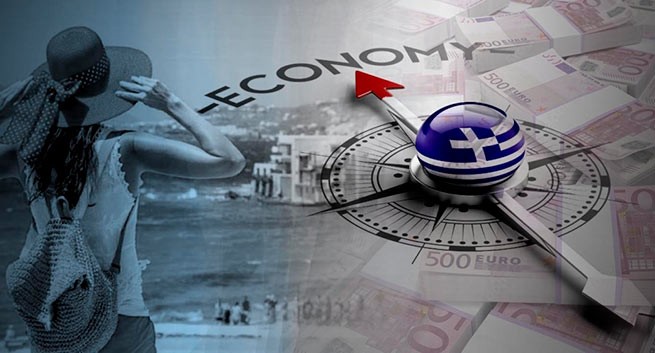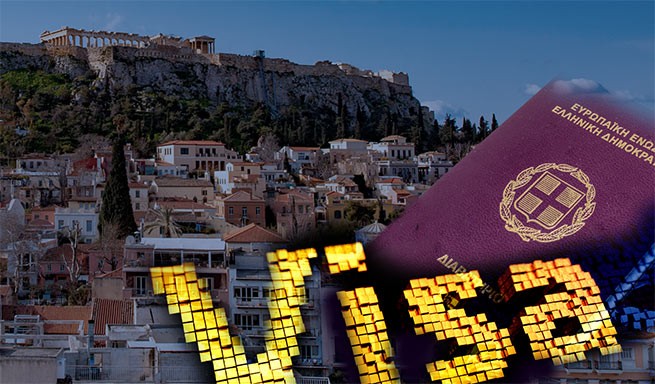Washington needs to abandon the long-held myth that Ukraine is a thriving American-style democracy. In reality, it is much more like the pseudo-democratic systems of Russia, Hungary and Turkey.
U.S. officials have long liked to portray Ukraine a bold democracy reflecting the threat of aggression from authoritarian Russia. Washington’s idealized image has never truly matched a darker reality, but now the rift has become an abyss. Some of the actions taken by the government of President Volodymyr Zelenskiy in recent months are alarming and authoritarian. Treating Ukraine as useful (and even more necessary) partner of the United States in the field of security cannot be justified by realistic calculations and is unnecessarily provocative towards Russia. It is even more far-fetched to try to portray Ukraine as an example of a democracy worthy of US protection for moral reasons. Indeed, trying to do so reflects either willful blindness or the worst kind of cynicism.
There has been an element of fraud in Washington politics ever since the Obama administration backed the so-called Maidan revolution in Ukraine in 2014. Administration officials, most notably Assistant Secretary of State Victoria Nuland and US Ambassador to Ukraine Geoffrey Pyatt, encouraged and aided demonstrators seeking to overthrow the legally elected but “pro-Russian” government. The American leadership insisted that this revolution was a spontaneous pro-democratic uprising of Ukrainians who opposed the corrupt rule of President Viktor Yanukovych, although traces of Washington in this revolutionary movement it was impossible to hide.
The administration and its allies in the Western media have willingly ignored other ugly aspects of the “democratic” revolution in Ukraine. Although true democrats did take part in the demonstrations, they were also attended by representatives of armed ultranationalist and even openly fascist organizations, such as Svoboda and Right Sector (organizations whose activities are prohibited in the Russian Federation – ed.), Which played decisive role. After the revolution, these factions continued to be present in the life of the “new democratic Ukraine”. For example, neo-Nazi battalion “Azov” was an integral part of the armed forces and the security apparatus of President Petro Poroshenko.
In the years after the Maidan revolution, manifestations of ultranationalism and anti-Semitism on the part of representatives of extremist groups on the streets of Kiev and other Ukrainian cities have become commonplace. The policy of the Poroshenko government also became more and more authoritarian. Ukrainian officials persecuted political dissidents, introduced censorship and were not allowed into the country foreign journalistswhom they considered to be critics of the government and its policies.
However bad the situation was under Poroshenko, it became even worse under his successor Zelensky. At the beginning of February 2021, the Ukrainian government closed several pro-Russian independent media outlets and did so on the basis of completely vague standards. On May 13, 2021, the Ukrainian court ruled to place under House arrest the famous pro-Russian politician Viktor Medvedchuk, a political ally of the owner of these TV channels, in connections with accusations of high treason. Medvedchuk, leader of the Opposition Platform – For Life political party, is one of Zelenskiy’s most outspoken critics. Previously the prosecutor’s office accused him in “subversive activities against Ukraine, including in the economic sphere.”
Medvedchuk is far from the only target of increasingly hard-hitting political repression. In mid-April, the Security Service of Ukraine detained in Kharkov 60 demonstratorswho tried to oppose the actions of the local city council. The authorities did not blame the protesters for violent actions – in fact, there was no evidence of such behavior. Instead, Ukrainian security services said that some “pro-Russian political forces” had sent demonstrators to hold protests in order to “justify possible acts of Russian aggression against Ukraine.” Such a vague, emotionally charged accusation can be attributed to almost any political activity.
The “graduates” of the Maidan revolution now seem to be trying to destroy even some of their comrades-in-arms. In mid-May, the mayor of Kiev Vitali Klitschko accused SBU agents in the fact that the security forces came to his apartment in an attempt, as he put it, to put pressure on him – on the orders of his political rival Zelensky. Earlier in May, the SBU, the state prosecutor’s office and the police conducted large-scale searches in various divisions of the Kiev city administration, accusing local authorities, among other things, of misappropriation of budget funds and tax evasion. Although Klitschko was one of the earliest leaders of the Maidan demonstrations, Zelenskiy now appears to regard him as an annoying rival, as the mayor of Kiev was a close ally of former President Poroshenko.
Such actions of the Ukrainian authorities do not fit well with the image of an energetic and tolerant democracy that representatives of the American foreign policy community are trying to create around Ukraine. The words of the former Acting Ambassador of the United States to Ukraine, William, were an excellent characteristic of this idealized image. Taylor (William Taylor), which he spoke during the impeachment hearing of President Donald Trump. Taylor was the interim US ambassador to Kiev, and he clearly had sympathy for both the Maidan revolution and the government that it had spawned. According to Taylor, Ukrainian leaders sought to create “an all-encompassing, democratic nationalism that is almost indistinguishable from how we see our country at its best.”
Meanwhile, real Ukraine is much more reminiscent of the illiberal pseudo-democratic systems that, as we see, are taking shape in Russia, Hungary, Turkey and other countries. It is folly to treat Ukraine as a strategic ally of the United States, and to do so on the basis of perceived democratic solidarity is morally offensive. The Biden administration must abandon its relationship with this increasingly controversial client state as soon as possible.
Ted Galen Carpenter is a senior fellow at the Cato Institute and contributing editor for the National Interest. He is the author of 12 books and over 900 articles on international affairs.






More Stories
Fire at the largest plant in the United States for the production of 155-mm shells – an accident or something else?
Smoker for 40 years beats lung cancer
Australia: A 15-year-old has been arrested for stabbing a bishop in Sydney. Riots and injured police